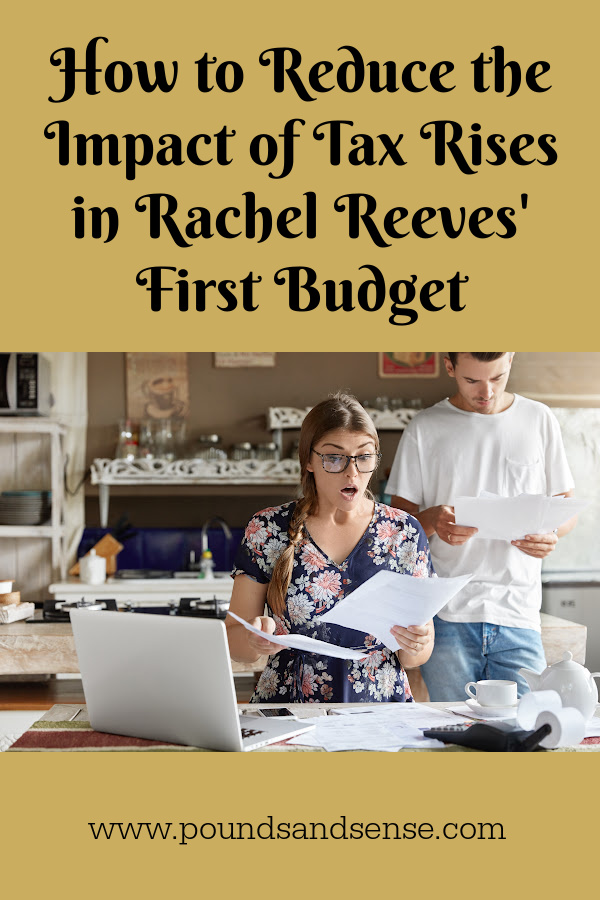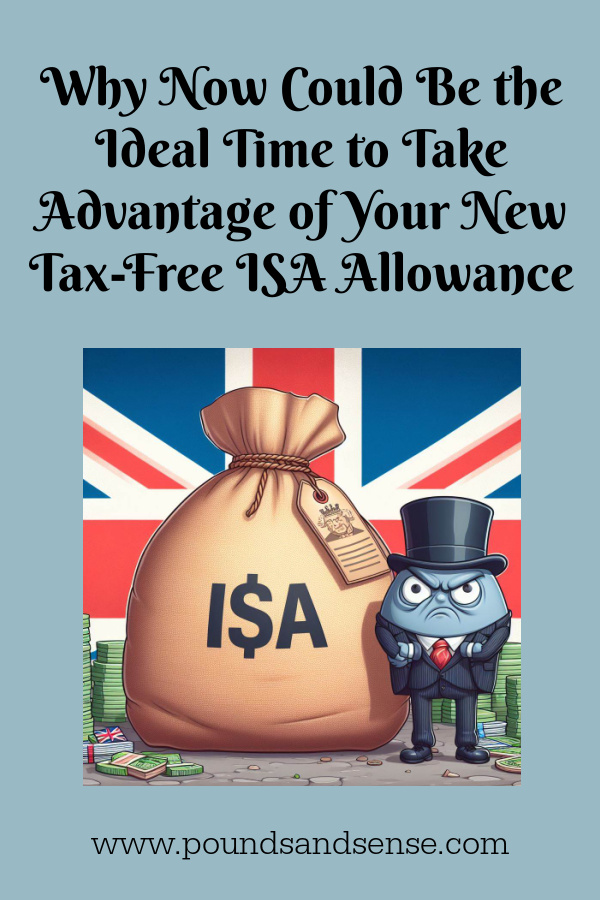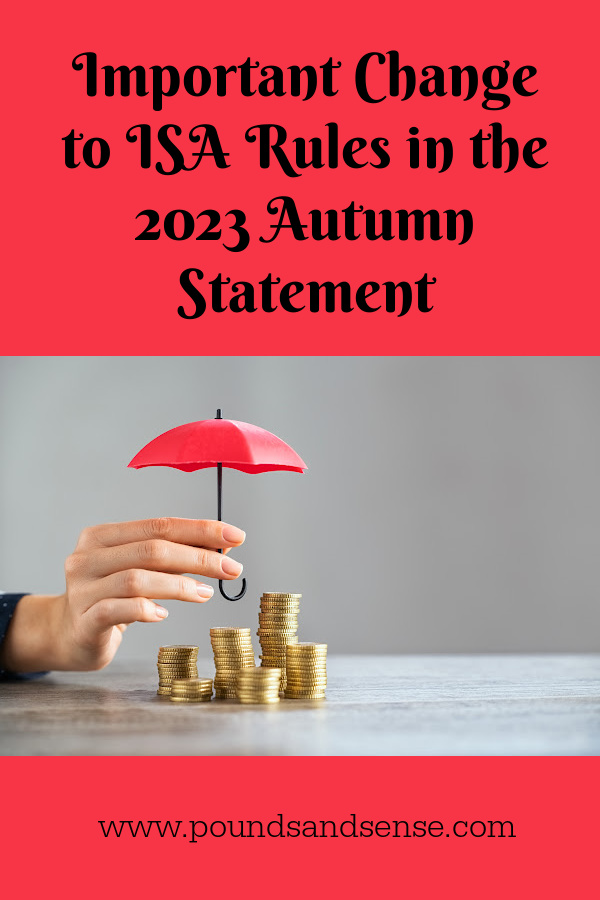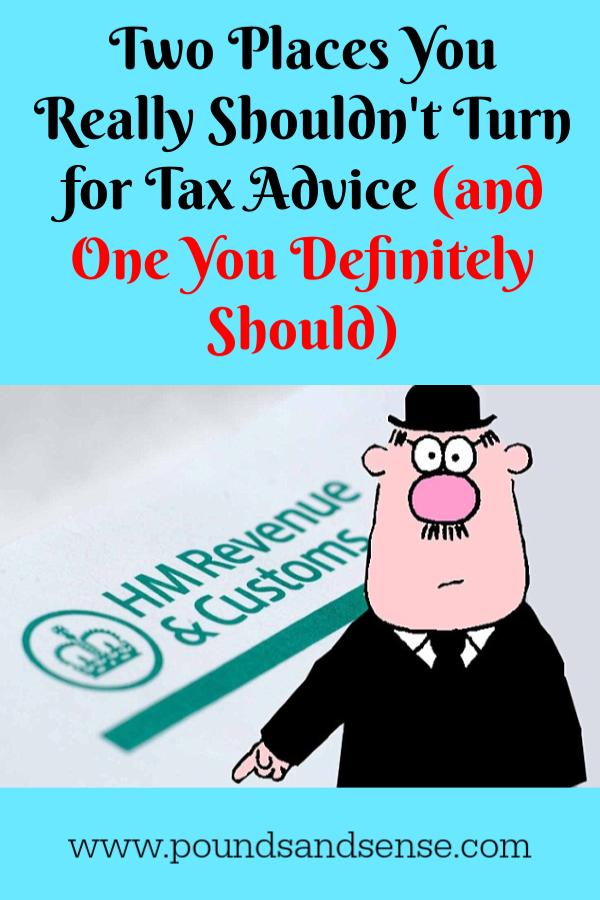Don’t Miss Out! Use Your £20,000 ISA Allowance Before It’s Too Late
Nick Saving Money, Investing events, Tax 0 Comments
As the end of the tax year on 5 April 2025 approaches, so too does the deadline to utilize the annual tax-free Individual Savings Account (ISA) allowance.
The clock is ticking, and unless you take action in the next few weeks, this opportunity to maximize your tax-free savings for the 2024/25 financial year will be gone.
ISAs are a popular choice for savers and investors alike, offering a tax-efficient way to grow your wealth. With a diverse range of options available, from cash ISAs to stocks and shares ISAs and innovative finance ISAs, individuals have the flexibility to tailor their savings strategy to suit their financial goals and risk appetite.
The current ISA allowance stands at £20,000, providing a significant opportunity to shield your savings and investments from tax. This allowance represents a generous sum that, if left unused, cannot be carried forward to future years. In essence, any portion of the £20,000 allowance that remains untapped by the upcoming deadline will be lost, representing a missed opportunity for tax-free growth.
For those who have yet to fully utilize their annual ISA allowance, now is the time to take action. Whether you’re looking to bolster your rainy-day fund with a cash ISA, seeking to invest in the stock market through a stocks and shares ISA, or diversify your investment portfolio with an IFISA, there’s no shortage of options available.
Cash ISAs offer a secure and accessible way to save, providing a tax-free environment for your savings with the added benefit of easy access to your funds when needed. Meanwhile, stocks and shares ISAs open the door to potentially higher returns by investing in a wide range of assets such as equities, bonds and funds, albeit with a higher level of risk. And an Innovative Finance ISA, or IFISA for short, allows you to invest via P2P/crowdfunding platforms, further diversifying your portfolio (though again with a higher level of risk).
With an ISA you will never incur any liability for dividend tax, capital gains tax or income tax, even if your investments perform exceptionally well. Of course, there is no guarantee this will happen, but over a longer period stock market investments have typically outperformed cash savings, often by a substantial margin.
In recent years I have invested much of my own annual ISA allowance in a stocks and shares ISA with Nutmeg, a robo-manager platform that has produced good returns for me (almost 20% over the last year alone). You can read my in-depth review of Nutmeg here. I have also invested some money in a property IFISA from Housemartin (previously Assetz Exchange). You can see my latest post about Housemartin here. You can also check out my February 2025 Investments Update to see how my Nutmeg and Housemartin investments (and others) have been faring recently.
Finally, for shorter-term savings, I am currently using the Trading 212 Cash ISA. The interest rate paid by Trading 212 is reducing from the current 4.9% to 4.5% from the start of March, but it’s still competitive with other cash ISA providers and has fewer strings attached..
With just a few weeks left to take advantage of this valuable tax benefit, delaying now could prove costly. By acting swiftly you can ensure that your savings and investments are positioned to grow tax-free, setting yourself up for a better financial future.
- This has become all the more important with reports (such as this one) suggesting Chancellor Rachel Reeves is considering changing the rules applying to ISAs, and in particular reducing the tax-free allowance for cash ISAs to as little as £4,000.
In summary, the £20,000 annual ISA allowance for the 2024/25 tax year presents a golden opportunity to maximize your tax-free savings and investments. Time is of the essence, though. Unless you act before the impending deadline on 5th April 2025, this valuable allowance will be lost forever. If you have the money available, therefore, seize the opportunity now to help secure your financial future.
As always, if you have any comments or questions about this article, please feel free to leave them below.
Disclaimer: I am not a qualified financial adviser and nothing in this blog post should be construed as personal financial advice. Everyone should do their own ‘due diligence’ before investing and seek professional advice if in any doubt how best to proceed. All investing carries a risk of loss.










